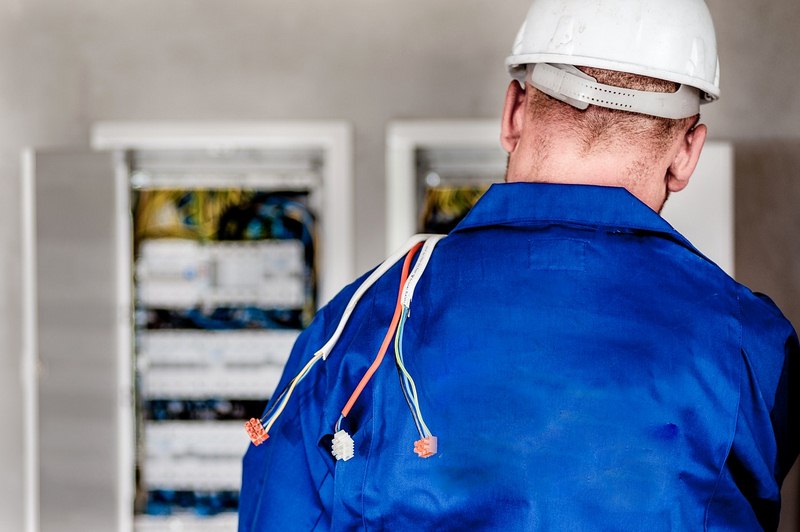Electricity is an essential part of our lives! From the simple switches to major installations at home or office, we count on them to carry out the home and office tasks.
Hence, it is imperative that we get in touch with an ace electrician to address mission-critical electrical projects and emergencies.
Simply put, an ace electrician is a trained person who is aware of installations, designs, electrical maintenance and upkeep, electrical system and products repair in factories, businesses, and homes. They work both outside and inside the building to make sure that the industrial devices, lights, and all other appliances function safely.
Today, you have access to multiple kinds of electricians, which also comprise the residential electricians. These tradesmen are in charge of addressing electrical issues at residences. They are equipped to manage any emergency that might occur without affecting the customer’s lifestyle.

Selecting an electrician is challenging! Especially today, as there are many impressive and ace service providers available online. To know more on this, you can check out Phel.
However, it is always important to stay updated about the essential roles and responsibilities of an expert electrician. It will enable you to choose better.
The master electricians are accountable for getting the electricity from the correct source to various places where business houses and individual customers have access to it.
The specific accountabilities related to this task might vary in counting on the specialization. However, it might comprise of the following:
Read Also:
These are the essential roles and responsibilities of an expert electrician. When you stay aware of the deliverables, you can choose the best service provider. Also, conduct research and make the necessary comparisons before arriving at a decision.